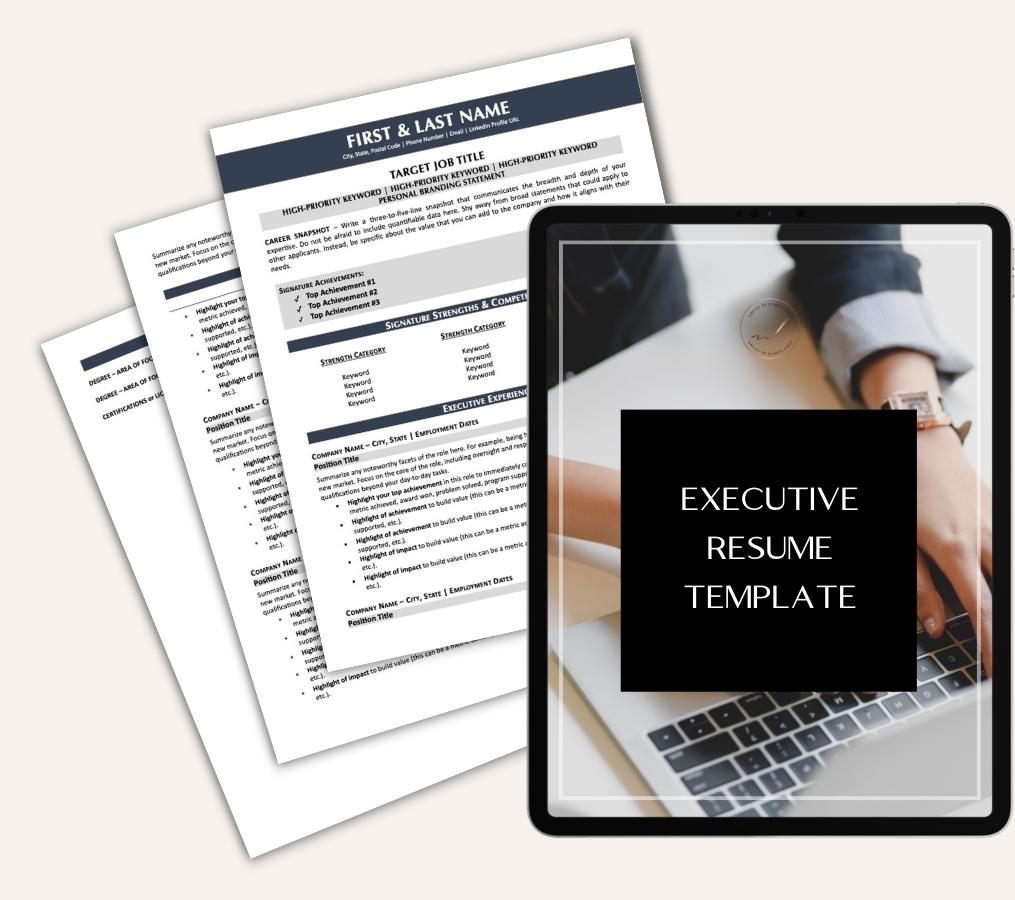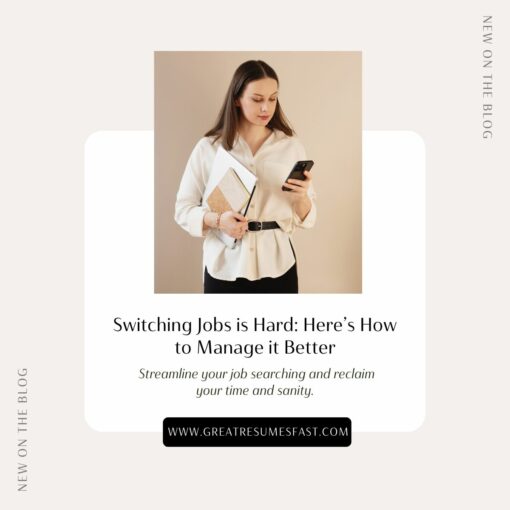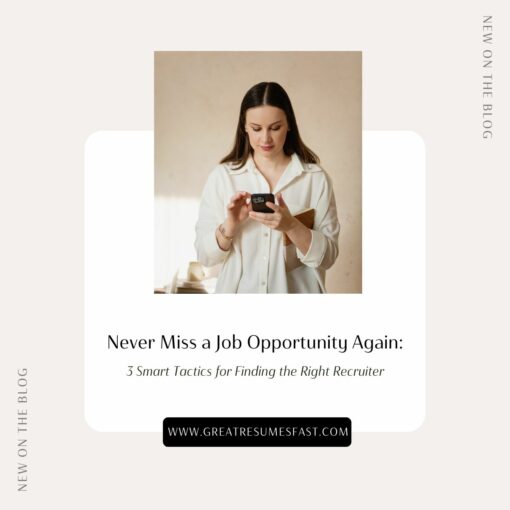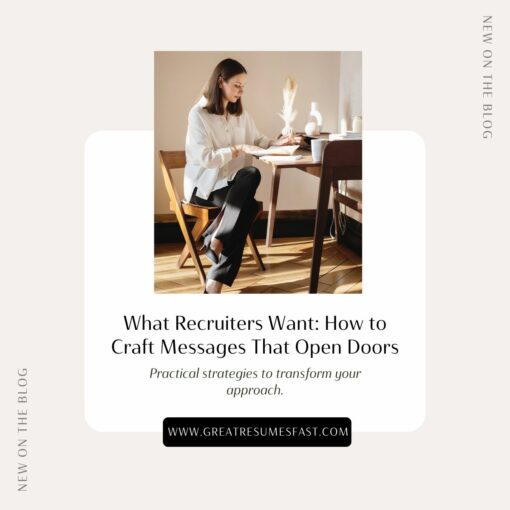Harness Your Network to Unlock Your Next Great Role
Three Practices That Can Help
If your job search were a Tolkien quest, your network would be your Fellowship. Don’t wander into Mordor alone. Or, for my non-Tolkien-loving readers: Ignoring your network during your job search is like fishing without bait. You’re making it a lot harder on yourself.
By going it alone, you’re essentially ignoring a wealth of resources that could guide you straight to your dream job. It’s not just an oversight; it’s a critical error. So, we’re going to avoid that job search death trap and utilize three practices to help you ease into involving your network in your job search – without all the icky feelings.
Let’s jump in.

The Perils of a DIY Job Search
Let’s weigh the pros and cons of tapping into your network.
Con: You’re going to miss opportunities. Job opportunities often circulate in industry or insider circles before being posted online. Employers love to hire referrals, so they’ll ask around before posting publicly. If you’re not networking, you miss all these “hidden” opportunities.
Con: Without leads, tips, referrals, or advice from your network, you’re left with…well, job boards. That’s about it.
Con: It’s not just about getting the interview – it’s also the information that you’ll carry into the interview that you’d otherwise be without. The company’s culture, management style, industry insights, and specific details about the role are known by people inside the company and in the industry. Not having this information puts you at a disadvantage in the interview and in negotiations.
We’re not done with the cons yet…there are more!
Con: Your resume and cover letter will be weaker. Insights and referrals from your network strengthen your resume and cover letter. All that great insider information about what the company values and what it needs can go right into your resume and cover letter. Without this information, your application might not stand out.
Con: Don’t forget the emotional toll of not having a support network. Job searching is isolating and stressful; without a strong support system, it’s easy to become discouraged.
Con: Weaker negotiation power. A referral from a colleague can give you an advantage when it comes to negotiating salary. It’s social proof, rolled into the fact that you have the experience and expertise. It’s a triple threat that puts you in an optimal position to negotiate a higher salary. Without the referral, you miss this opportunity.
Con: Your network can often provide insights into a company’s culture and whether it aligns with your own values and work style, helping you avoid poor job fits that you might otherwise discover only after you’ve started the job.
So, while it may seem more comfortable to job search alone, without reaching out to your network to ask for help, you’re sacrificing invaluable resources, time, and potential opportunities by not leveraging your network.
The pros are the exact opposite of each con. By leveraging your network, you’re gaining invaluable advice, information, referrals, time, and resources to ensure you stand out and place yourself in the best possible position to land a role faster, at a higher salary, and with a culture that fits you and your values.
Now that you know all the pitfalls and what it really costs you not to network, let’s talk about how you can ease into networking and make it simple…and maybe even FUN.
The First Networking Practice – Supporting Others
I’m an introvert.
Socially awkward.
And I hate small talk.
I will feel stressed for weeks before attending a conference even though I already know half the people attending!
I also hate the word networking. Networking implies I have to ask for help, engage in small talk (which I’m terrible at), and ask questions that feel forced and self-serving. No wonder it has that icky feeling.
But, let me tell you what I have found I love:
Supporting other people.
Cheering them on.
Encouraging them.
Sharing what I know with them.
Adding my own thoughts to the conversation.
Learning something new from other people.
I easily do this on LinkedIn every day by simply commenting on other people’s posts. My network consists of colleagues in my industry (other career experts) and job seekers (the people I serve).
I have a list of colleagues who create content regularly on LinkedIn, and I take time to comment on their posts. My comments don’t have to be long or deeply profound. They can be as simple as letting the colleague know that I agree with what they’ve posted and then sharing something related to their post that I’ve learned or experienced.
That kindness of supporting their content increases their visibility on the platform and my visibility on the platform. It benefits us both.
And, when you repeatedly show up, people start recognizing your name and your face. They appreciate your support of their work. Eventually, they will reciprocate and support what you post.
I can’t tell you how many colleague relationships I’ve developed this way, with people I would have otherwise never met. One of my good work friends is a connection I met on LinkedIn, and we meet up at conferences and regularly email each other to check in. It’s become a mutually supportive friendship.
I’ve found and added new members to my team this way. New clients have been referred to me through my connections on LinkedIn. And, even though I’m not looking for a job, if I were, LinkedIn would be the first place I would go. My connections would be the first people I would tell because they know the industry and my reputation, and they would support me – even without me having to ask for help.
All of this comes from simple kindness. Taking 10 minutes of my day to say, “I see you, I value your work, and I appreciate what you’re doing.”
If commenting seems overwhelming, start small. Find 3–5 experts in your field, and comment on their posts 3 days a week. Keep this up until you’re comfortable expanding your circle.
The Second Networking Practice – Sharing Your Expertise
If commenting on what other people share on LinkedIn is beginner-level networking, then posting your own content on LinkedIn would be intermediate-level networking. It’s stepping up your game and putting yourself out there.
Yes, it’s scary because you’re sharing your thoughts, tips, advice, and experiences.
But, it is oh-so-rewarding.
What you have to remember when it comes to sharing content on LinkedIn is to be authentic to your personal brand.
For me, I’m a natural-born educator. I collect information, data, resources, insights, etc. and then share them with others to help them get ahead. It’s one of my biggest passions and strengths. So, teaching through my posts comes naturally to me.
If you’ve followed me on LinkedIn for any length of time, you’ll notice that I am not a viral writer with posts that blow up with millions of views. I’m just not controversial like that – instead, I educate.
I am also not irreverent. But boy, do I love Adam Karpiak’s posts because his personal brand is irreverent, and he is hilarious. I love all of those posts. I definitely can’t write like that, though. It wouldn’t be authentic to my personality.
But give me some recent research and data on hiring trends or recruiting statistics, and I have a field day. What I’m trying to say is: Share what comes naturally to you.
Do you love reading trade journals or breaking news? Share something that really stuck out to you in the post.
Do you like to stay at the leading-edge in your industry? What are some new developments that you found fascinating?
Are you a problem solver? What’s a common headache that people who do what you do face that you’ve figured out how to solve? Share that with your network.
Use industry-relevant hashtags so others who are following the topics you’re writing about can find you and read your content. It will be slow-going at first. You can’t expect to get hundreds of views the first time you post. It took me more than a decade to build my following.
I also don’t recommend trying to go viral with your posts. It’s a crapshoot you’re not likely to win, and in most cases, it won’t reflect your brand or the audience you’re trying to reach.
Combine posting content with commenting on others’ content. Once you consistently show up for other people, they’ll start showing up for you and your circle will expand. You’ll make more connections in your industry.
And you haven’t asked for anything. So far, all we’ve done is support other people and share what we know.
The Third Networking Practice – Asking for Advice
“People don’t miss out on interviews by not applying in time; people miss out on interviews by applying instead of networking.” – Steve Dalton, Author of The 2-Hour Job Search, Sr. Career Consultant, Duke University’s Fuqua School of Business.
Career coaches everywhere will tell you to never, ever ask a network connection for a job. Seems counterintuitive, right? I mean, you are job searching. But it rarely (if ever) goes anywhere, and it brings up all those icky feelings of asking someone for help when you’re giving nothing in return and/or barely know them. Hard pass.
What you do want to ask for is information or advice.
One of the simplest ways to do this is to hop on Facebook or Twitter and ask your friends or family whether they know anyone at one of your Top 5 Target Employers. You do have a target company list, right? **cough, cough**
Asking this only takes seconds, and you might just get what you ask for. Not only that, but this method is based on a concept studied by a Stanford sociologist. Have you heard of “the strength of weak ties?” Harvard Business Review made the term popular when they wrote about the study. The theory behind it is that close friends share the same social networks, but your friends’ friends may have a relevant contact you haven’t already uncovered. Altruism is a powerful motivator, so asking, “Can anyone put me in touch with someone from ABC Company? In advertising, if possible?” could land you several offers.
When you get that contact information from your friends or find it on LinkedIn, the next step is to send the contact an email asking for a favor (an informational meeting). You’re not going to ask for a job. Did I say that already? =)
I am a big fan of Steve Dalton’s 6-point email framework. It goes like this:
- Keep it short, less than 75 words. People are busy.
- Ask for insight and advice, not job leads. (There’s that pesky not-asking-for-a-job thing again).
- State your common point of connection first.
- Make your request a question. It must end in a question mark (?).
- Define your interest.
- Keep over half the message about your contact – not you.
Do not include tons of information, your whole job search history, or 5 different questions. I’ve received messages like this. They’re overwhelming and presumptuous. Hardly anyone has time to respond to a message like that.
Here’s an example of what your message could look like:
Subject: Your digital marketing experience at Thrive Marketing Agency
Hi Laura,
I’m Jennifer, a fellow UF MBA (‘20). May I chat with you for a few minutes about your digital marketing experience with Thrive?
I’m trying to learn more about digital marketing in the Jacksonville market, so your insights would be greatly appreciated.
All the best,
Jennifer
You don’t have to mention you’re looking for a job. They’ve already figured that out.
The logical response will be, “When are you available to chat?” From there, you can schedule an informational meeting. Don’t expect every single message to get a response; you’ll definitely want to schedule a follow-up message three days later. Adjust your expectations to reduce frustration in your job search because only 20–40% of people will respond.
If you’ve followed the six points I shared above, you’ve done everything possible on your end to ensure a response. You’ve kept it short, been respectful of their time, made it about them, mentioned a common connection, and reduced the likelihood they’ll say no.
From here, your next steps will be to schedule the informational meeting if they respond, follow-up in three days if they don’t, and keep looking for additional contacts. Now that you know how to ask for the informational meeting, how about what to ask during the informational meeting? We have scripts and guides for the informational meeting as well as dozens of other job search conversations and scenarios in our brand-new Job Seeker Central Membership, launching soon. You can join the waitlist here to be the first to hear and get access to these resources when our membership site goes live.
Share this post:

About the author
Jessica Hernandez, President, CEO & Founder of Great Resumes Fast
Hi, I’m Jessica. I started this company back in 2008 after more than a decade directing hiring practices at Fortune 500 companies.
What started as a side hustle (before that was even a word!) helping friends of friends with their resumes has now grown into a company that serves hundreds of happy clients a year. But the personal touch? I’ve kept that.
You might have seen me featured as a resume expert in publications like Forbes, Fast Company, and Fortune. And in 2020, I was honored to be named as a LinkedIn Top Voice of the year!
I’m so glad you’re here, and I can’t wait to help you find your next perfect-fit position!
Improve Your Resume: Download Your Free Executive Resume Template Today
Are you struggling to create an executive resume that will impress employers? Download this free executive resume template and receive a series of 10 emails with expert guidance on how to write resume content that resonates with employers so you get more interviews.
It's everything you need to stand out, make an impression, and accelerate your job search.









